10 March 2025
When you think about real estate development, the first thing that probably comes to mind is construction, blueprints, and maybe even a fancy open house. But in today’s tech-savvy world, things are changing faster than you can say “sold.” Smart technologies are shaking up the real estate industry, and it’s more exciting than ever. From artificial intelligence (AI) to Internet of Things (IoT) devices, the fusion of tech and property is creating innovation that feels like something out of a sci-fi movie. So, let’s dive deeper into how these high-tech wonders are transforming real estate development, one brick (or byte!) at a time.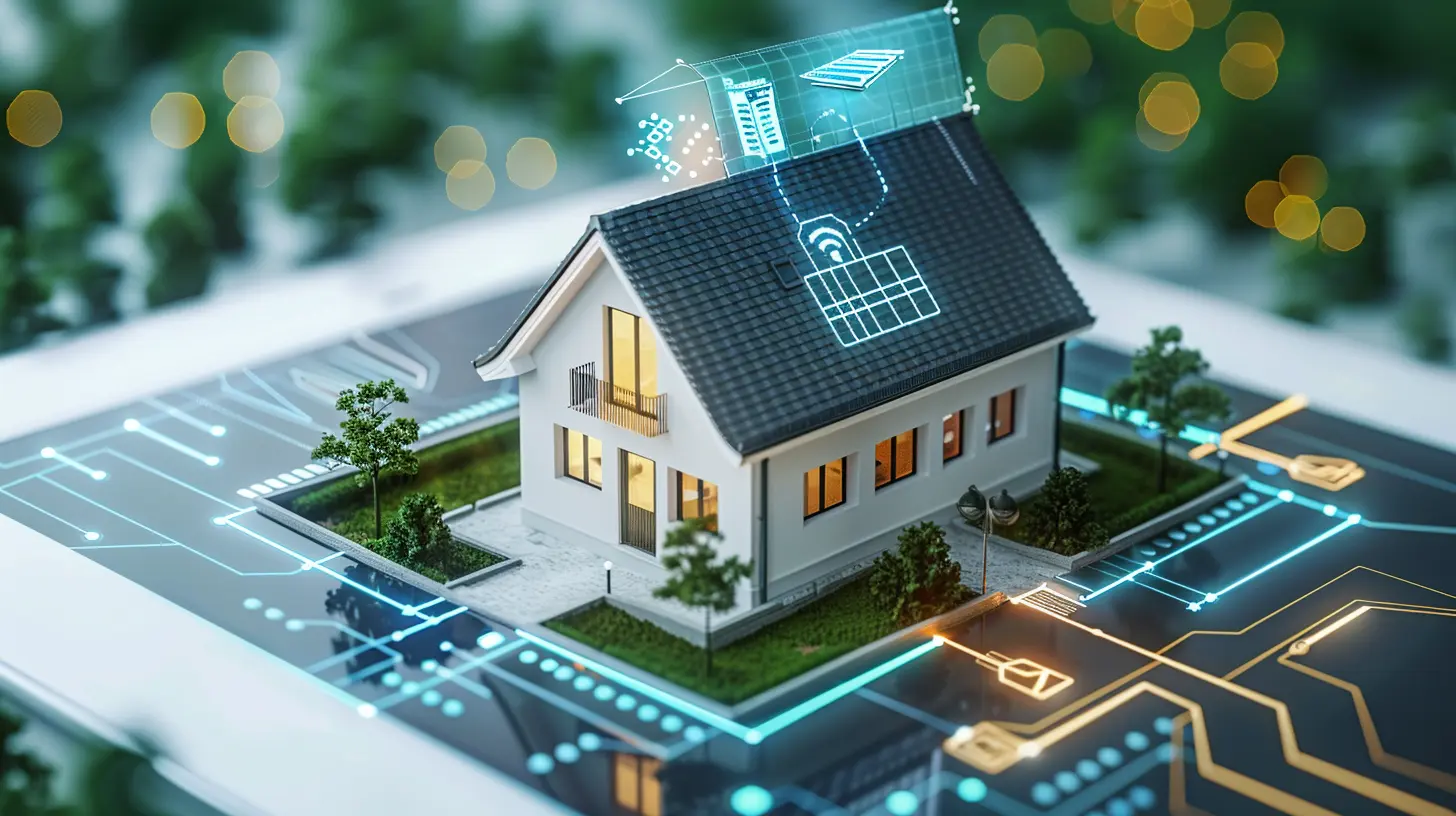
What Are Smart Technologies in Real Estate?
Before we get too far ahead, let’s clear this up: what exactly ARE smart technologies in real estate? Basically, think of it as any cutting-edge tech tool or system that makes life easier for developers, investors, buyers, or renters. We're talking about intelligent building systems, virtual reality, AI-driven analytics, IoT-enabled devices, and even blockchain for seamless transactions.You know how your smartphone makes your life 10x simpler? Imagine bringing that same level of convenience and efficiency into buildings and construction projects. That’s what smart technologies aim to do. 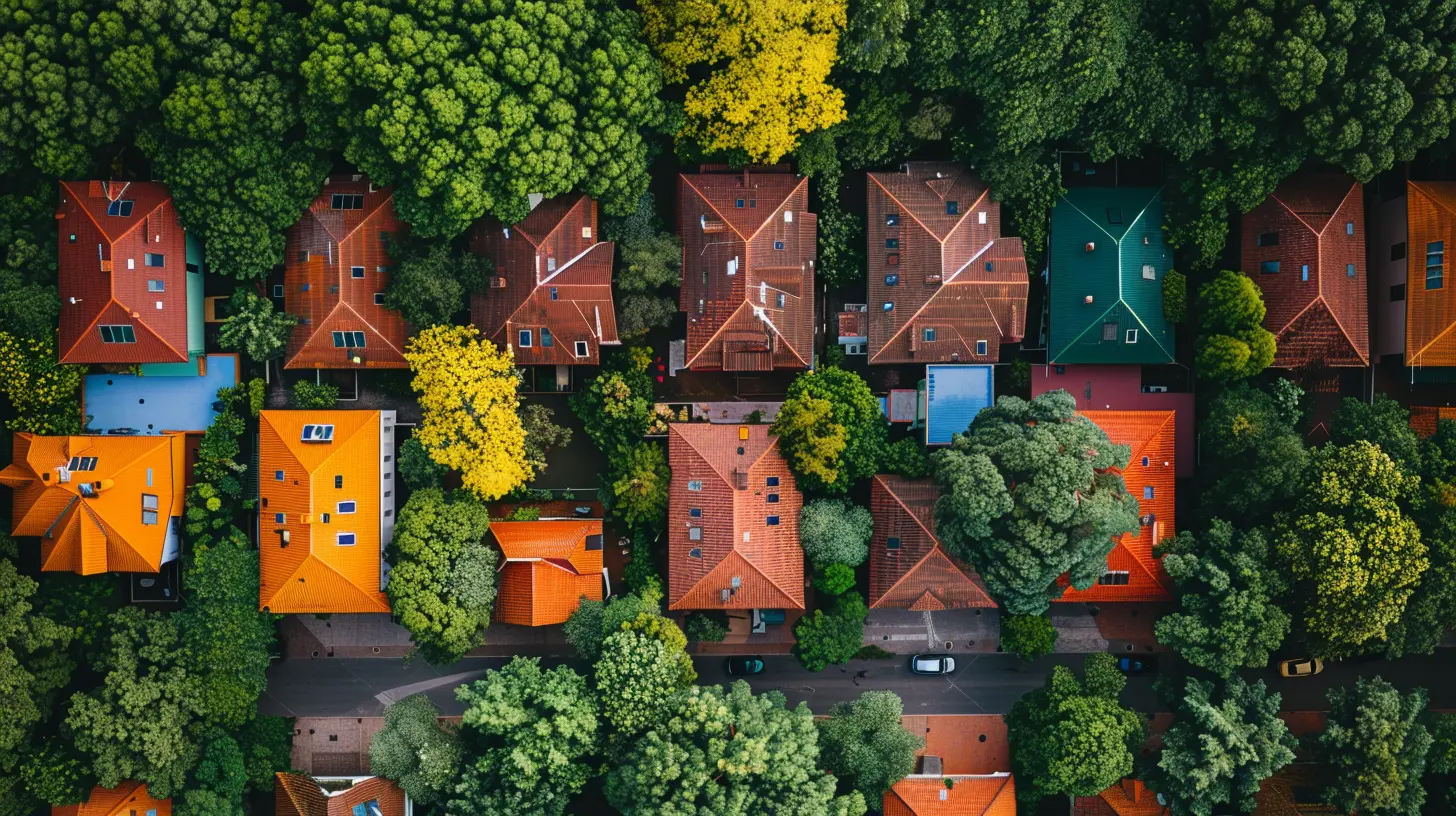
The Rise of Smart Technologies in Real Estate Development
Now, real estate hasn’t always been the fastest industry to embrace new tech. After all, it’s deeply rooted in physical infrastructure and traditional practices. But in recent years, developers have started to realize that technology isn’t just a nice-to-have—it’s a need-to-have. Why? Because smart technologies help them save time, cut costs, and make better decisions.And who doesn’t want that? With the rise of urbanization, growing housing demands, and sustainability concerns, developers are turning to smart tech not just to keep up but to stay ahead.
Let’s break it down and explore the key ways these technologies are transforming the game. 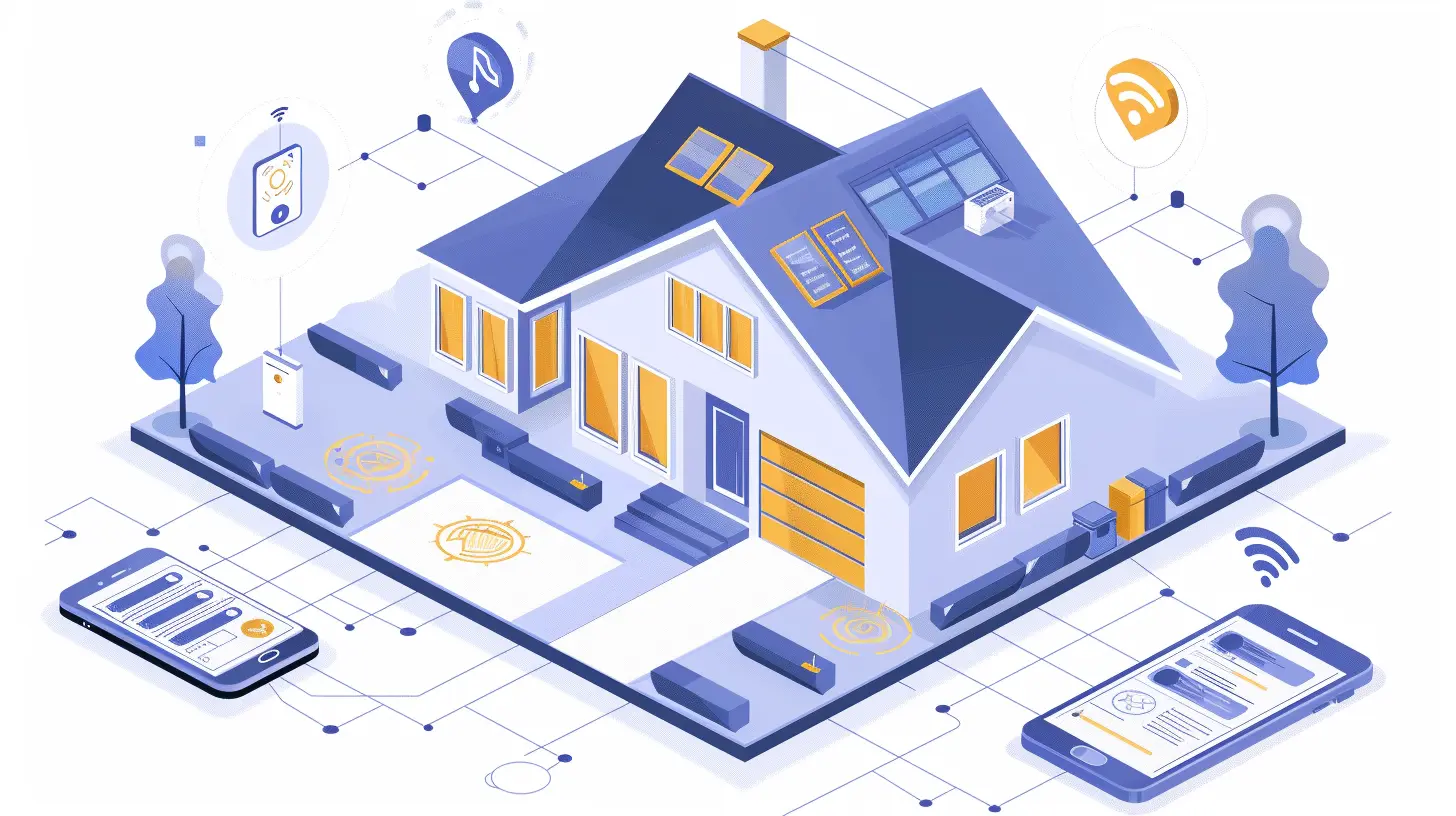
1. AI and Data Analytics: Smarter Decisions, Faster Outcomes
AI is like having a super-smart assistant who never sleeps. Developers are now using AI systems to analyze mountains of data—market trends, property values, customer preferences, you name it.For example:
- Want to predict which neighborhoods will skyrocket in value? AI’s got your back.
- Need to know what amenities buyers care about most? AI can dig deep and give you insights.
AI doesn’t just guess; it knows. And that gives developers a huge edge. Plus, with predictive analytics, they can anticipate future trends instead of being blindsided by them.
Think about it: AI is practically a crystal ball for real estate. Who wouldn’t want that kind of foresight? 
2. IoT: Making Buildings Smarter, Step by Step
If AI is the brains, IoT is the nervous system. The Internet of Things (IoT) connects devices within buildings—like thermostats, lighting systems, and security cameras—so they can “talk” to one another.For developers, this means creating smart buildings that are energy-efficient, safer, and more appealing to buyers and tenants. Imagine walking into your future apartment, and the lights and AC automatically adjust to your preferences. Sounds futuristic, but it's already happening.
Here’s how it benefits real estate developers:
- Reduced utility costs for tenants and owners.
- Real-time monitoring and maintenance alerts.
- Enhanced security features.
IoT essentially turns properties into living, breathing entities. Okay, maybe not literally, but you get the picture.
3. Virtual and Augmented Reality: Touring Properties Without Leaving the Couch
Virtual reality (VR) and augmented reality (AR) are game-changers, especially when it comes to property showings. Say goodbye to endless commutes just to check out a new apartment. With VR, buyers and renters can take a realistic virtual tour from the comfort of their own living room.And developers? They’re using AR to showcase what unfinished projects will look like once completed. Think of it like putting on magic glasses that let you see the future. It’s a total win-win!
Not only does this make life easier for buyers, but it also speeds up the decision-making process, which is a huge bonus for developers eager to close deals.
4. Blockchain: Secure, Seamless Transactions
Let’s face it: real estate transactions can feel like a never-ending paper trail. Enter blockchain, a technology that simplifies the buying and selling process.With blockchain, you can:
- Securely store property records.
- Eliminate middlemen (bye-bye, hefty transaction fees!).
- Ensure fast, transparent deals.
It’s like the PayPal of real estate but way cooler and more secure. Developers can use blockchain to streamline property sales, while investors can enjoy faster and safer transactions.
5. Drones: Eyes in the Sky for Surveys and Construction
Drones aren’t just for capturing epic wedding shots or chasing your dog around the park. In real estate development, they’re invaluable tools for surveying land and monitoring construction sites.Developers save time and money by using drones to:
- Get a bird’s-eye view of potential properties.
- Monitor progress on large construction sites.
- Create show-stopping aerial footage for marketing.
Think of drones like the high-tech scouts of the real estate world, giving developers insights that used to take weeks to gather.
6. Sustainable Smart Tech: Building for the Future
Sustainability isn’t just a buzzword anymore; it’s a priority. Smart technologies allow developers to create green buildings that reduce waste, conserve energy, and even generate their own power.For example:
- Smart water systems minimize water wastage.
- Energy-efficient designs, paired with IoT systems, optimize electricity use.
- Solar panels and wind power options make buildings eco-friendly.
Not only do these features appeal to environmentally-conscious buyers, but they also help developers meet strict sustainability regulations.
Why Should Developers Care About Smart Technologies?
Alright, let’s get real for a moment. Adopting smart technologies isn’t just about being trendy; it’s about staying competitive. The real estate market is tough, and if you’re not innovating, you’re falling behind.By using smart tech, developers can:
1. Save time and resources.
2. Attract tech-savvy buyers and tenants.
3. Reduce risks and stay ahead of market trends.
Plus, let’s be honest—smart technologies just make life easier for everyone involved. Whether you’re an investor, a developer, or someone hunting for the perfect home, smart tech takes the stress out of the process.
Challenges in Implementing Smart Technologies
Of course, it’s not all sunshine and rainbows. For all the benefits, implementing smart tech comes with its own set of challenges:- High upfront costs: Advanced tech isn’t cheap, and some developers might be hesitant to invest.
- Learning curve: Not everyone is a tech wizard, so integrating these systems requires training and expertise.
- Cybersecurity concerns: The more connected devices you have, the higher the risk of cyberattacks.
But here’s the thing: the long-term benefits outweigh the initial hurdles. Developers who embrace smart technologies early will be the ones leading the pack.
The Way Forward: A Smarter Future
So, what’s next for smart technologies in real estate? Honestly, the possibilities are endless. As more innovation pours into the industry, expect to see even smarter buildings, fully autonomous construction processes, and personalized living experiences that’ll blow your mind.Real estate development is no longer just about bricks and mortar—it’s about data, connectivity, and intelligence. And thanks to smart tech, the future of real estate is looking brighter, smarter, and way cooler.


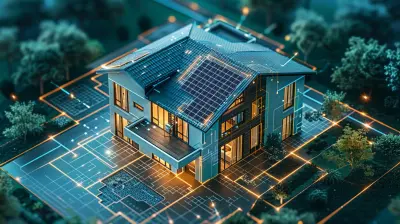
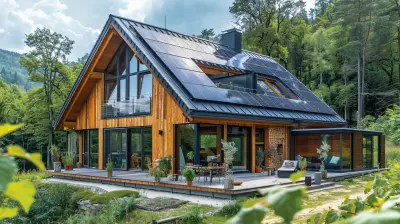





Quorra Carr
Smart tech in real estate? Now homes can remind you to water your plants and turn on the coffee machine! Next stop: a house that’ll put on a tiny top hat and do a little dance when you walk in!
April 2, 2025 at 7:02 PM